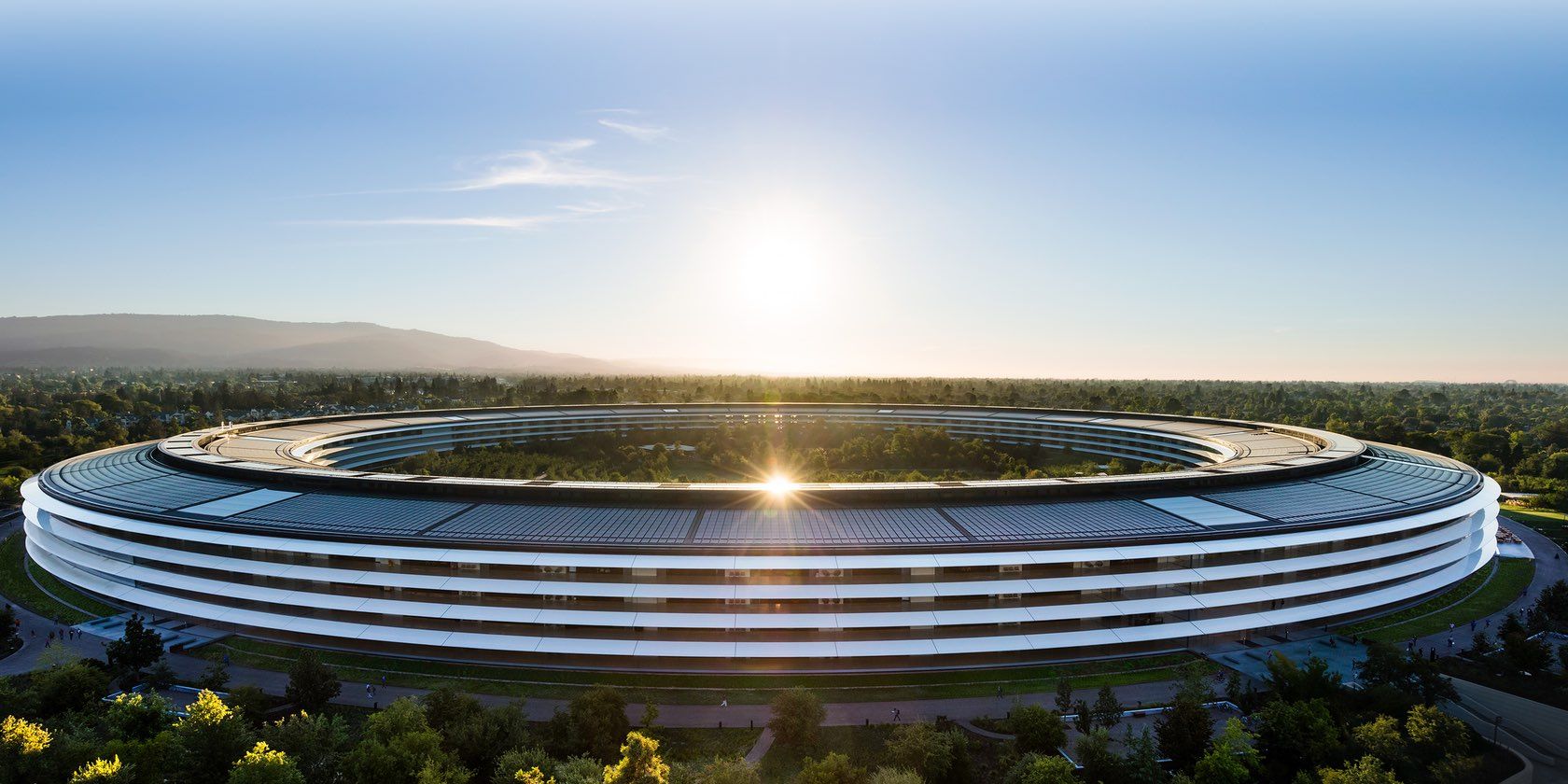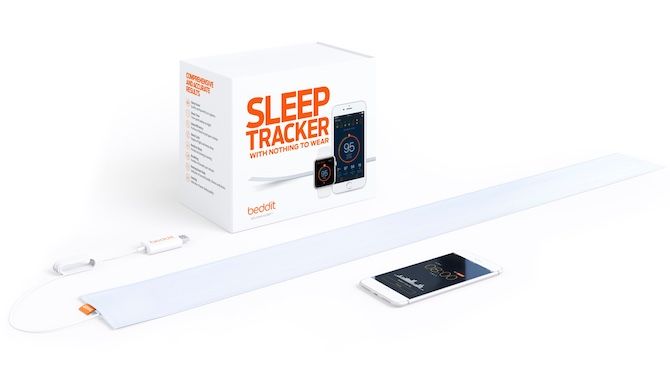Apple is bolstering its Health Technology team with a Senior Engineering Project Manager (EPM) to "lead the design and development of Apple-branded Health Hardware products". This is according to a newly published listing on the Apple Jobs website.
The job post lays out what the person in that capacity will be tasked with:
Apple Health Hardware EPMs are responsible for building and communicating project definition, development milestones, project schedules, validation/FA/CA, and project status in the development of new products. An EPM should be able to prioritize issues and track the details as well as be in touch with the big-picture issues.
A person hired for that role will interact with Apple's hardware, software, mechanical design, and industrial design teams, the listing continues, as well as with external specialists.
It confirms that the EPM is also "the key interface" to the suppliers, driving build readiness at the factory and managing the build itself. "Success is defined in terms of the quality, and timeliness of the pre-production builds, and the start of mass production," it reads.
Could Apple simply be looking for someone to take over the Apple Watch development?
What Could Apple Be Up To?
The Apple Watch already provides fitness and heart-related monitoring features via its onboard sensors. We don't think this position is about a future Apple Watch at all because the wearable smartwatch is the responsibility of another division in the company.
As for Apple's interdisciplinary team of engineers working in the Health Technologies group, they are responsible for Apple's various health initiatives. Aside from other things, the group's domain of responsibility covers Apple Fitness+, Jay Blahnik's special projects, as well as external partnerships with Biogen, ZimmerBiomet, and similar companies.
Yes, Apple Has a Sleep-Tracking Device
Aside from the Apple Watch, the only other health accessory from Apple is the $150 Beddit sleep monitor (pictured below) that helps people sleep better. It's a very thin (2 mm) sensor strip that works on any size mattress, and with one or two people in the bed. It measures your sleep time, heart rate, breathing, snoring, and bedroom temperature and humidity.
But even that product came as a result of Apple's Beddit acquisition nearly four years ago. The company has since continued offering Beddit's sleep tracker through its online store.
Moreover, Apple's kept the Beddit website alive and the companion Beddit Sleep Monitor app in the App Store. Given the success of the Apple Watch and Apple's various other health initiatives, the company is certainly well-positioned to create new health devices.


